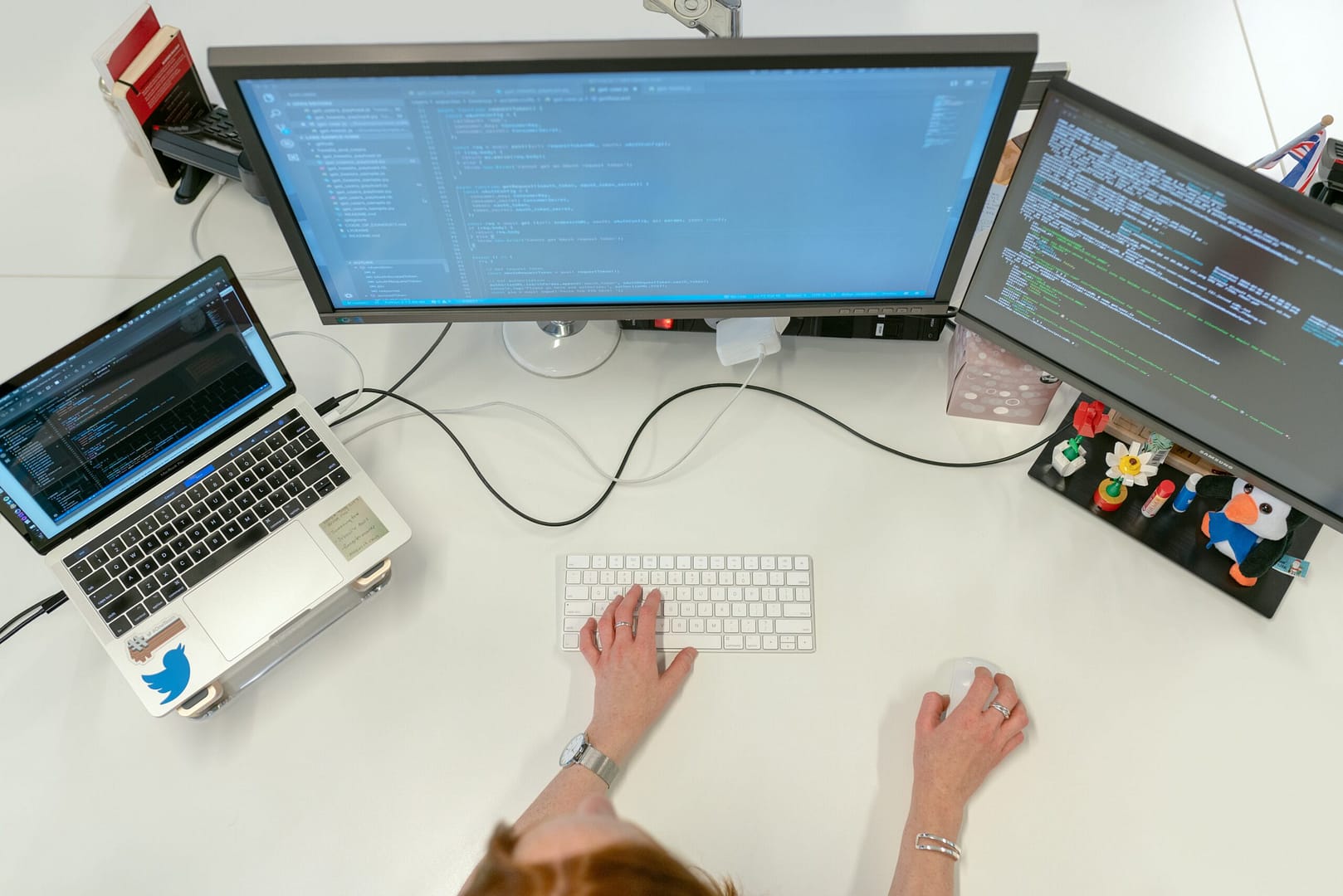Data Privacy in 2023: Should You Be Worried?
Data privacy has become a growing concern in the internet age. With so much personal information being exchanged and stored through computer networks, protecting it has become a mandate. From large enterprise organizations to small businesses, data privacy compliance should be a top priority for all.
Most companies are required to follow industry-specific or locality-based privacy regulations such as HIPAA or GDPR. By the end of 2024, it is expected that 75% of the world’s population will have their personal data protected by one or more privacy regulations.
The consequences of violating data privacy regulations can be severe. Between July 2020 and July 2021, GDPR violations rose by 113.5%, with associated fines jumping by 124.92%. HIPAA violations can result in penalties ranging from $100 to $25,000 for each incident.
To ensure compliance, it is important to factor data privacy into all data collection processes. Whenever companies collect, send, or store personally identifiable information (PII), it needs to be adequately safeguarded.
To stay on top of privacy compliance obligations, it is essential to keep up with the latest trends in this area. Here are some of the biggest data privacy trends to watch out for in 2023:
1.AI Governance: Approximately 40% of privacy compliance technology requires the use of artificial intelligence (AI). AI has already made its way into many of the applications we use on a daily basis, from word processing programs to photo editing software. As AI becomes more prevalent throughout the data journey, it is essential for organizations to govern it properly to ensure that automated processes aren’t accidentally exposing sensitive data.
2.Consumer Privacy UX: Many privacy regulations require apps and websites to provide data transparency, including information on what data is being collected, how it is collected, and what is done with it. People also need an “out” to get their data back. A centralized privacy portal, where people can access privacy-related settings across various apps, can give them better visibility into how their data is being used.
3.Increased Scrutiny of Remote Employee Monitoring: The pandemic has changed the global workforce, with many organizations running completely remote offices or using a mix of remote and in-office staff. This increase in remote work has led to data collection changes and companies ramping up their monitoring of off-site employees. However, such monitoring can encroach on employees’ rights to privacy, particularly when putting monitoring in place on employee devices.
4.Data Localization: Data localization has become a growing concern, particularly with social apps such as TikTok. Companies and governments are now asking cloud providers where their data is being stored, as the location of a server can determine the privacy rules and regulations it falls under. Many organizations prefer to have their data stored as close to home as possible.
5.Privacy-Enhancing Computation (PEC): Privacy-enhancing computation is a new term used to describe the use of AI to help cybersecurity by making data protection more automated. Developers can provide value to clients by incorporating PEC as a built-in component of software and apps, addressing privacy concerns.Data privacy has become a growing concern in the internet age. With so much personal information being exchanged and stored through computer networks, protecting it has become a mandate. From large enterprise organizations to small businesses, data privacy compliance should be a top priority for all.
When was the last time you had a compliance check? Boltacity can help with a compliance checkup to ensure that your data privacy protections are up to par. Don’t risk penalties due to lax controls, reach out to Boltacity today.








